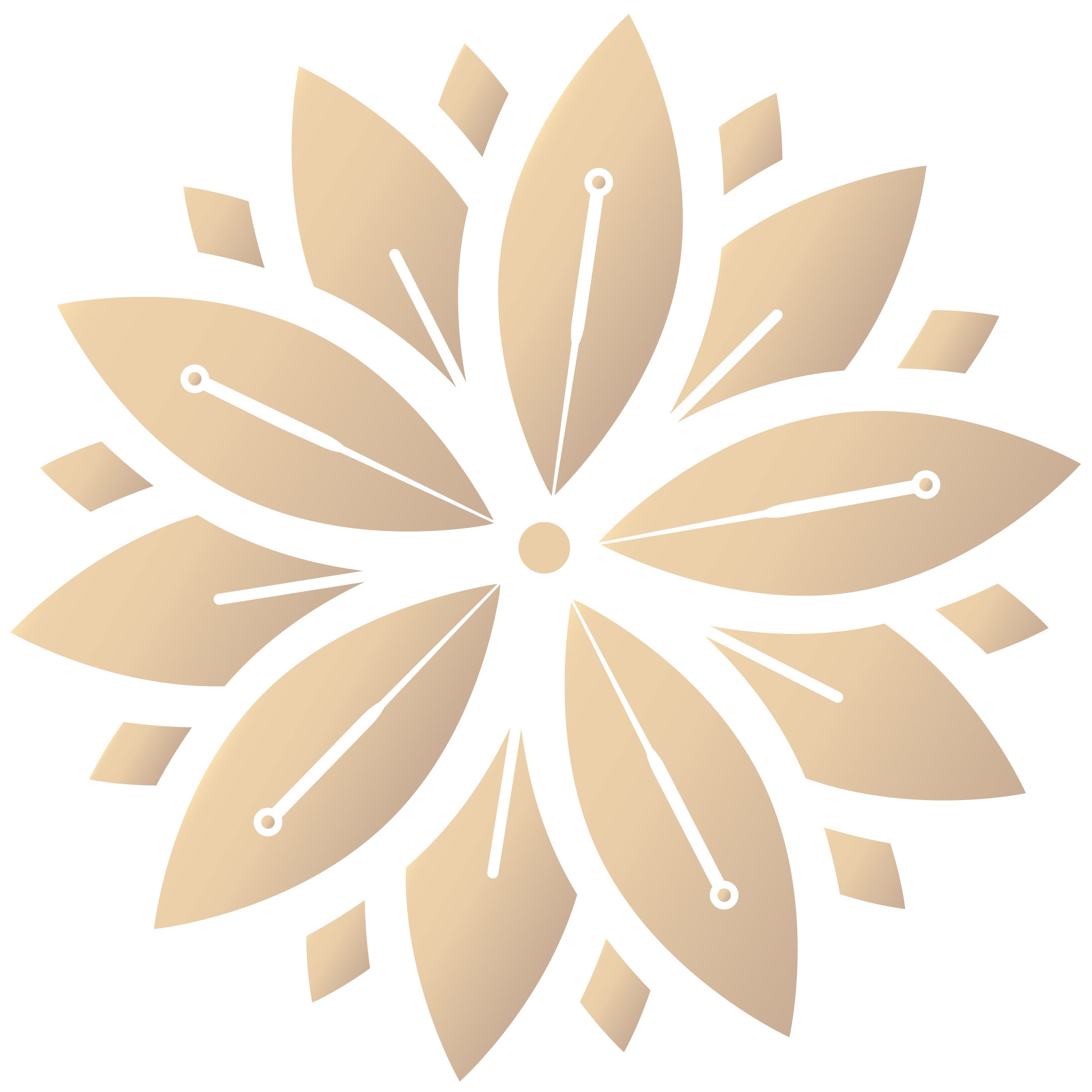
It may be outside your norm to forget the name of someone you have met many times before.
You may be struggling to remember where you placed your keys or reading glasses when you
are generally very organised. Unfortunately, these are common symptoms of Alzheimer’s, and
when memory starts to cause danger and disorder in your everyday life, you will need to seek
the help of a medical professional.
There are also many alternative treatments and therapies that can help address the symptoms
associated with Alzheimer’s and other forms of Dementia. In fact, acupuncture and Chinese
Medicine may be an effective and safe supplemental treatment for people with this condition.
How acupuncture can help people with Alzheimer’s
Acupuncture uses meridians and acupoints located on the head to boost dopamine production
and reduce the damage brought about by free radicals through the oxidative process. In fact,
free radicals are known to affect our DNA, and they can even open the door to various
neurological damage. On the other hand, boosting dopamine production will have a positive
effect on our physical movement, emotional balance, and mental clarity.
Acupuncture may benefit those who have Alzheimer’s because it stimulates the Du 20 point,
located at the very top of the head. Triggering this acupoint may aid in increasing dopamine
levels and cleaning up the mess left behind by oxidation. The English term for Du 20 is “Hundred Meetings,” and this acupoint can impact various processes needed for healing and revitalising the brain.
Stimulating other essential points on the body
A practitioner may also stimulate another acupuncture point located on the lower leg called St
36, which is thought to fortify the blood-brain barrier. This could trigger the brain’s natural
defence against harmful agents and contamination that may cause neurological damage.
Acupuncture may help those who have both Alzheimer’s and Dementia since it can address
other symptoms associated with depression and fatigue.
The acupoints mentioned above may help retain the capacity to harmonise the emotions and
ease anxiety, guilt, depression, and other negative feelings associated with Dementia. In fact, it
may even help release positive emotions that can lower the effects of Alzheimer’s.
Reducing risks factors
It is always a good idea to reduce unhealthy behaviours and habits that can trigger Dementia
and Alzheimer’s. So, it is important to monitor your lifestyle, minimising heavy alcohol intake, workplace anxiety,
smoking, obesity, and poor sleeping habits as these are risk factors that can be controlled.
Overall, acupuncture and Chinese Medicine may provide relief to people suffering from
neurological conditions. Therefore, these alternative treatments may be beneficial to many
people over the age of 65.
